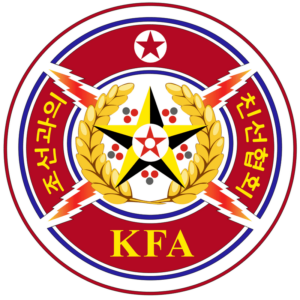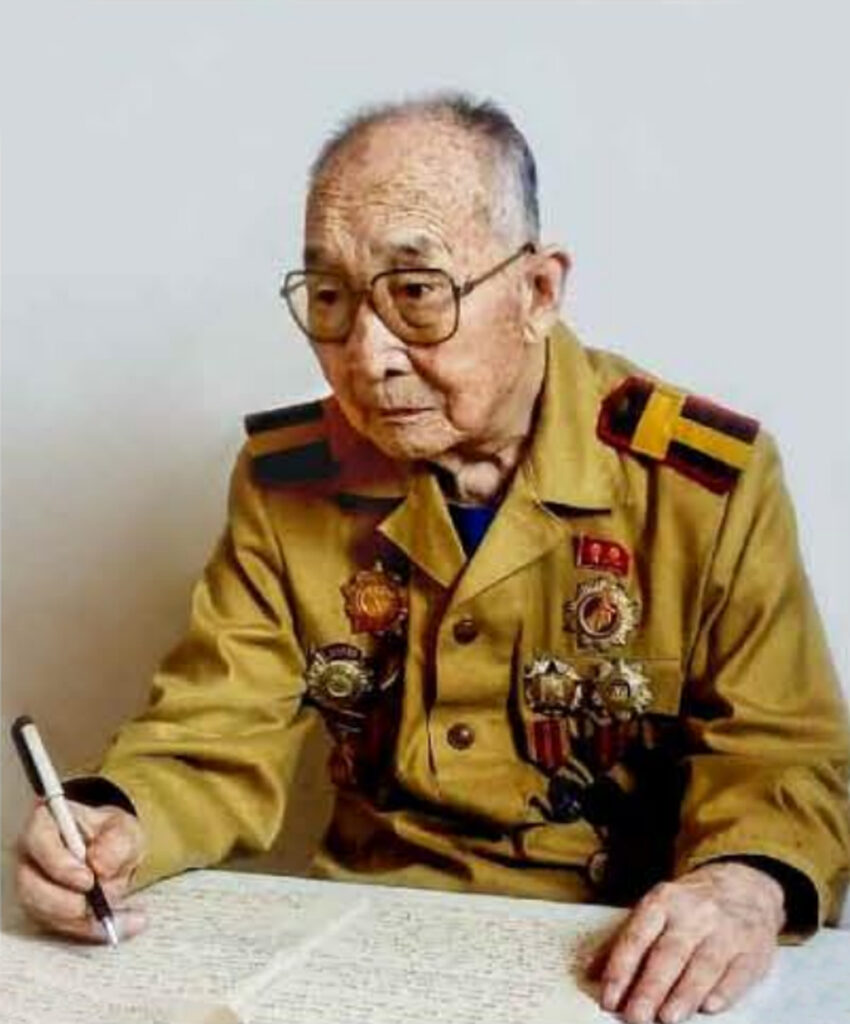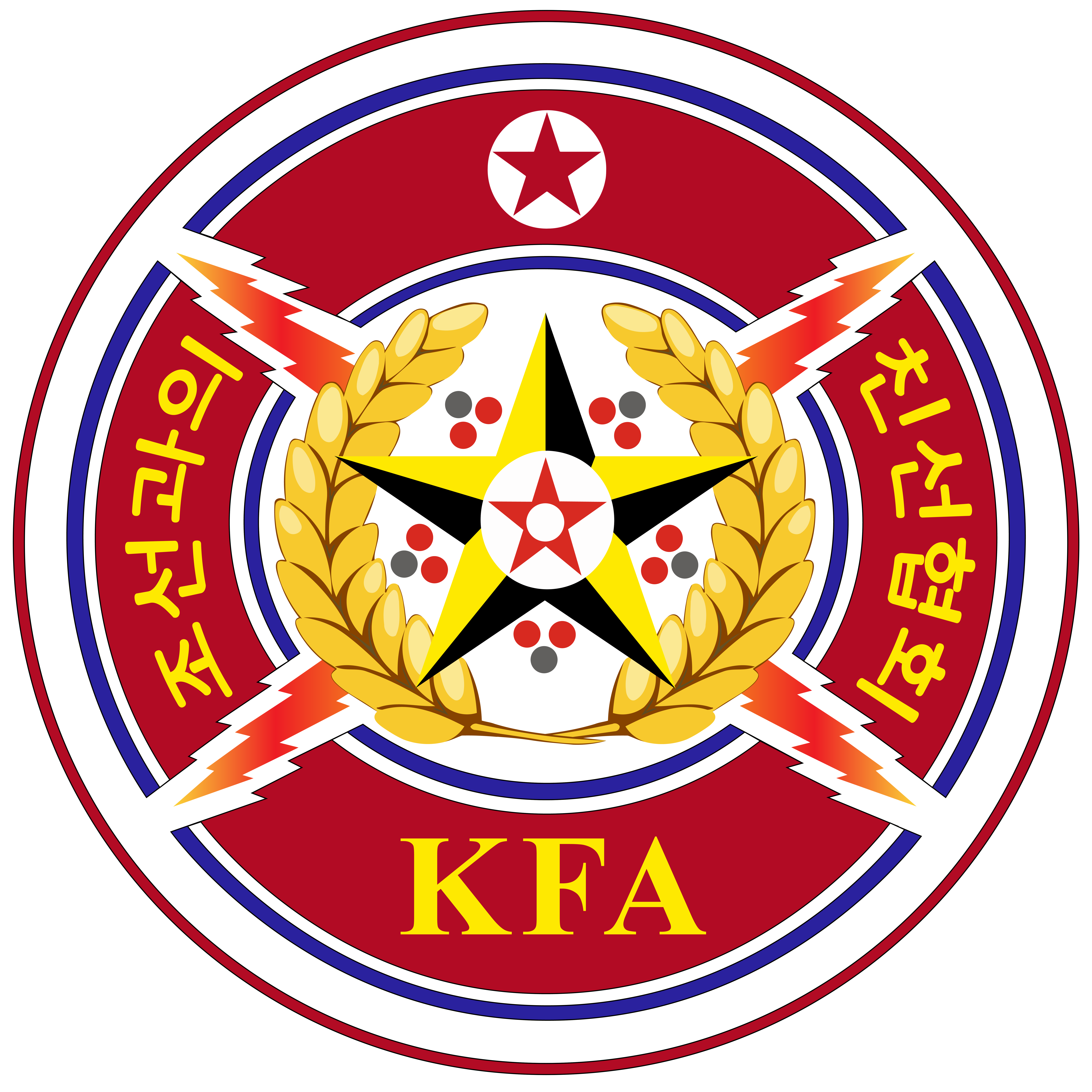News
Veteran Writer
Sin Hyong Gyu, a war veteran living in Omgon-ri, Anak County, South Hwanghae Province, was completing his manuscript through the whole night until daybreak.
Seeing the thick manuscript introducing the victors who fought bravely against the enemy in the Fatherland Liberation War (June 25, 1950–July 27, 1953), he looked back upon the days of the war.
Now the writer is nearing 90, but he was 17 at the beginning of the war.
During his middle school days, he conducted the chorus of his school. And when he joined the Korean People’s Army just after the war broke out, officers and soldiers called him “a little conductor.”
He was pretty good at leading military song of his unit and he was believed to become an excellent musician in the future. However, there was an opportunity when his hope suddenly changed though he had always cherished it in his mind even in a hail of bullets and gunfire.
His company suddenly encountered the enemy during a march on a pass. He, light machine gunner, lost his assistant. The assistant covered a sudden grenade with his body before anyone else to save fellow comrades-in-arms. He couldn’t go to sleep that night.
Thinking of the assistant who devoted his young life to the country and comrades, he was obsessed by the thought that he had to inform the assistant’s death to his home. And he wrote a letter to the assistant’s home, recalling his death. But he couldn’t complete the letter since he and others didn’t know the assistant’s address.
One day, he read a poem on the trench journal. No matter how it was short, the poem touched him greatly. A young soldier, the hero of the work, made him remember the assistant.
Well, I will do writing. By doing so, I will inform the news about soldiers’ struggle including the assistant to their homes and people in the rear, he thought.
This was how he began to write poems.
After a while, his first poem was carried by the trench journal. Dealing with his real experience, his simple poem was widely spread, causing a great sensation among officers and soldiers. Then, he was struck by a subconscious desire to become a writer.
After the victorious war, he studied at Kim Il Sung University and became writer to produce a large number of works reflecting the reality of the country seething with postwar rehabilitation and great Chollima upsurge.
Visiting his alma mater one year, he told its teaching staff and students his experiences when he participated in the Battle in Mt Phalgong after crossing the Raktong River during the war.
His story caused a great sensation among students. Students to be graduated soon volunteered to join the Korean People’s Army. Like this, the unforgettable stories of the war exerted great influence upon the growth of rising generations.
He thought: I will go on writing. During the war, I made a decision to do it for fallen comrades-in-arms but now I will devote all my energy and passion to implanting noble soul and spirit of the victorious wartime generation deeper into the minds of rising generations.
He produced manuscripts written about the heroic KPA service personnel in battles during the war including the battle of Osan in which they defeated the US imperialists for the first time, day after day.
His works in various forms including medium-length verse novel A Hero in Osan and medium-length note A Veteran’s Letter to His Alma Mater were widely read by people.
To mark this year’s Victory Day, he completed another work.
Since he can never forget the three-year bloody war, he is going on writing, a new order given by himself.


